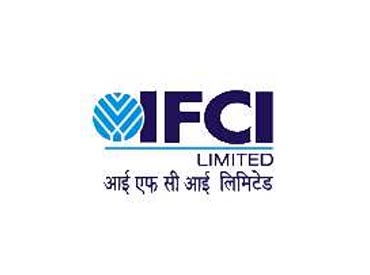Banking Notes: NEFT and RTGS
Want to Become a Bank, Central / State Govt Officer in 2020?
Join the Most awarded Coaching Institute & Get your Dream Job


Now Prepare for Bank, SSC Exams from Home. Join Online Coure @ lowest fee
Lifetime validity Bank Exam Coaching | Bank PO / Clerk Coaching | Bank SO Exam Coaching | All-in-One SSC Exam Coaching | RRB Railway Exam Coaching | TNPSC Exam Coaching | KPSC Exam Coaching
Banking Notes: NEFT and RTGS
National Electronic Fund Transfer (NEFT)
- National Electronic Funds Transfer (NEFT) is a nation-wide payment system facilitating one-to-one funds transfer.
- Under this Scheme, individuals, firms and corporate can electronically transfer funds from any bank branch to any individual, firm or corporate having an account with any other bank branch in the country participating in the Scheme.
- Even such individuals who do not have a bank account (walk-in customers) can also deposit cash at the NEFT-enabled branches.
- There is no limit – either minimum or maximum – on the amount of funds that could be transferred using NEFT. However, maximum amount per transaction is limited to Rs.50,000/- for cash-based remittances within India and also for remittances to Nepal under the Indo-Nepal Remittance Facility Scheme.
- Presently, NEFT operates in hourly batches – there are twelve settlements from 8 am to 7 pm on week days (Monday through Friday) and six settlements from 8 am to 1 pm on Saturdays.
Real Time Gross Settlement (RTGS)
- The acronym ‘RTGS’ stands for Real Time Gross Settlement, which can be defined as the continuous (real-time) settlement of funds transfers individually on an order by order basis (without netting). ‘Real Time’ means the processing of instructions at the time they are received rather than at some later time; ‘Gross Settlement’ means the settlement of funds transfer instructions occurs individually (on an instruction by instruction basis).
- Considering that the funds settlement takes place in the books of the Reserve Bank of India, the payments are final and irrevocable.
- The RTGS system is primarily meant for large value transactions. The minimum amount to be remitted through RTGS is 2 lakhs. There is no upper ceiling for RTGS transactions.
- The remitting bank receives a message from the Reserve Bank that money has been credited to the receiving bank. Based on this the remitting bank can advise the remitting customer through SMS that money has been credited to the receiving bank.
- The RTGS service window for customer’s transactions is available to banks from 9.00 hours to 16.30 hours on week days and from 9.00 hours to 14:00 hours on Saturdays for settlement at the RBI end. However, the timings that the banks follow may vary depending on the customer timings of the bank branches.
Difference between NEFT and RTGS
NEFT is an electronic fund transfer system that operates on a Deferred Net Settlement (DNS) basis which settles transactions in batches. In DNS, the settlement takes place with all transactions received till the particular cut-off time. These transactions are netted (payable and receivables) in NEFT whereas in RTGS the transactions are settled individually. For example, currently, NEFT operates in hourly batches. Any transaction initiated after a designated settlement time would have to wait till the next designated settlement time Contrary to this, in the RTGS transactions are processed continuously throughout the RTGS business hours.




